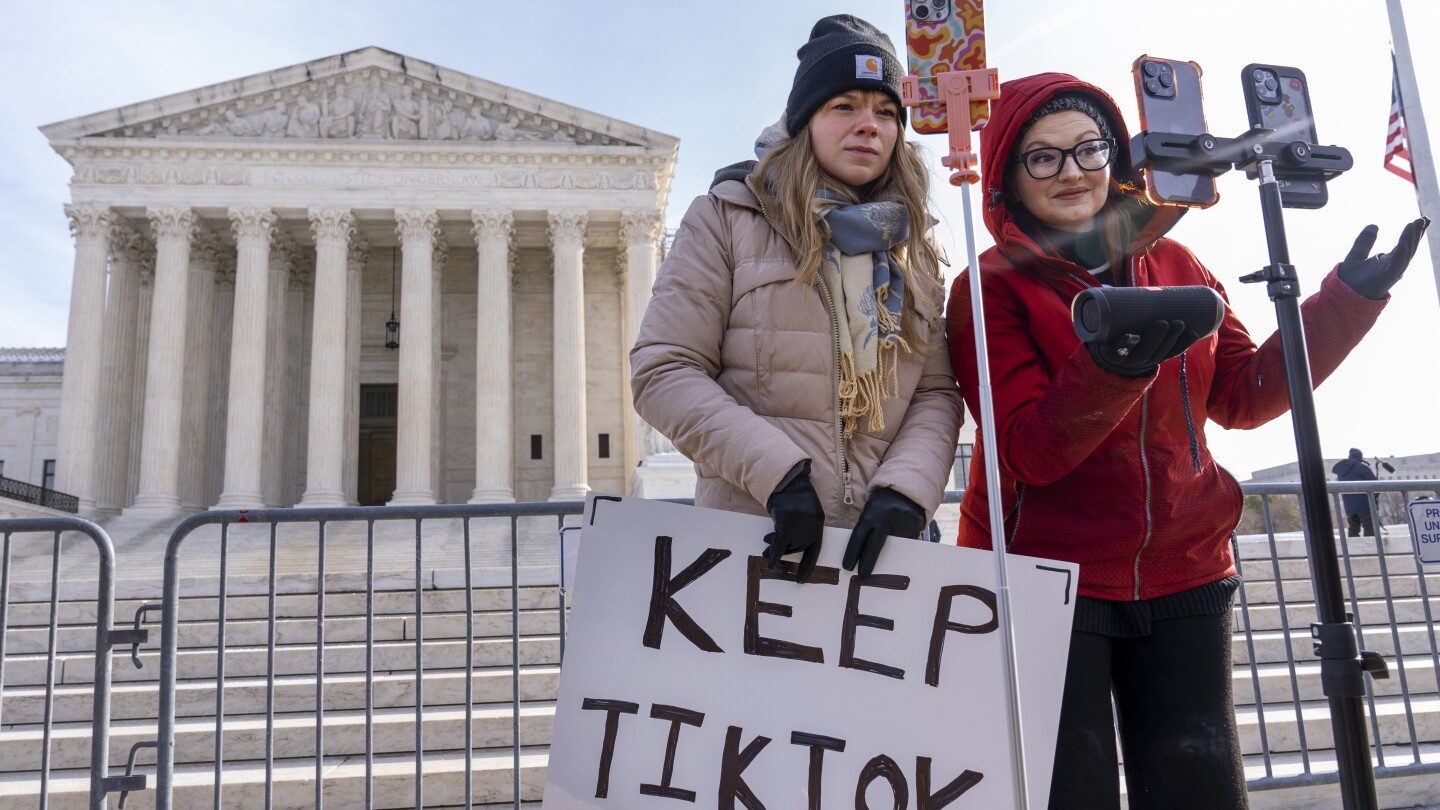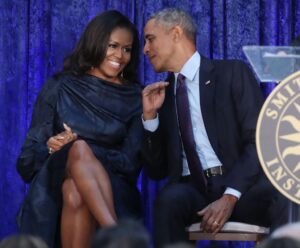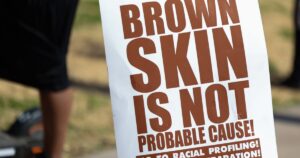The United States Supreme Court has unanimously confirmed the legality of a federal ban on the popular social media app TikTok, starting this Sunday, unless its Chinese parent company divests it. The court’s decision underscores national security concerns that surpass free speech issues associated with the application’s 170 million American users.
The looming deadline has left TikTok’s future in limbo as no sale appears forthcoming. Existing users will retain access to the app, but new downloads and updates will be halted after January 19, potentially making the app unusable over time, according to the Justice Department.
President-elect Donald Trump, who has expressed confidence in negotiating a resolution, is set to take office Monday. Meanwhile, the Biden administration has signaled it may not enforce the ban on its first full day in office.
While Trump is keenly aware of TikTok’s massive user base and his own substantial following on the app, many Senate Republicans criticize the Chinese owners for not securing a sale. Trump shared that TikTok was part of his recent discussion with Chinese leader Xi Jinping.
Trump’s options to influence the situation post-inauguration remain unclear. The current law allows a 90-day delay if a sale progresses, but Solicitor General Elizabeth Prelogar suggests that this might not apply once the law is active.
“Congress has determined that divestiture is necessary to address its well-supported national security concerns regarding TikTok’s data collection practices and relationship with a foreign adversary,” noted the court in its decision, rejecting the First Amendment challenge.
Both Justices Sonia Sotomayor and Neil Gorsuch expressed some reservations but agreed with the court’s outcome. Gorsuch mentioned the serious implications but highlighted the potential risk of Chinese access to American user data.
Critics, including digital rights advocates, have decried the ruling. Kate Ruane from the Center for Democracy & Technology stated, “Today’s unprecedented decision upholding the TikTok ban harms the free expression of hundreds of millions of TikTok users in this country and around the world.”
Content creators like Desiree Hill, who use TikTok for business, worry about the potential loss of their audience and revenue. “I’m very, very concerned about what’s going to happen over the next couple weeks,” Hill said.
TikTok and its parent company, ByteDance Ltd., face significant challenges in securing a deal, especially with Chinese regulations on selling its proprietary algorithm. Despite concerns, TikTok has consistently denied that it enables data access to Beijing.
The issue has become a geopolitical symbol of U.S.-China tensions, with figures like Sen. Tom Cotton describing TikTok as a “communist spy app” in a recent post.
While TikTok asserts there’s no evidence of data misuse by China, the U.S. government remains wary of potential manipulations through the app’s algorithm. The bipartisan legislation signed by Biden in April marks a culmination of years of scrutiny.
Without a timely sale, app stores will be restricted from offering TikTok, and hosting services will be banned from supporting it. ByteDance has indicated it will not sell, although investors like former Treasury Secretary Steven Mnuchin and Frank McCourt have shown interest.
McCourt stated his group’s readiness to collaborate with both ByteDance and Trump on an acquisition. Prelogar suggested that the enactment of the law might push ByteDance to reconsider its stance.
___
Follow the Supreme Court’s coverage at https://apnews.com/hub/us-supreme-court.






